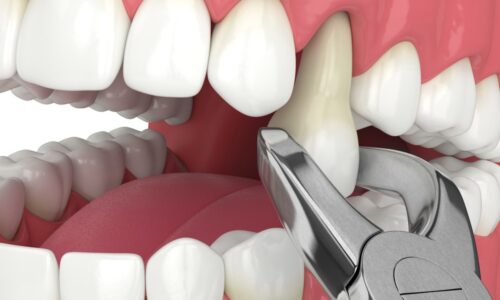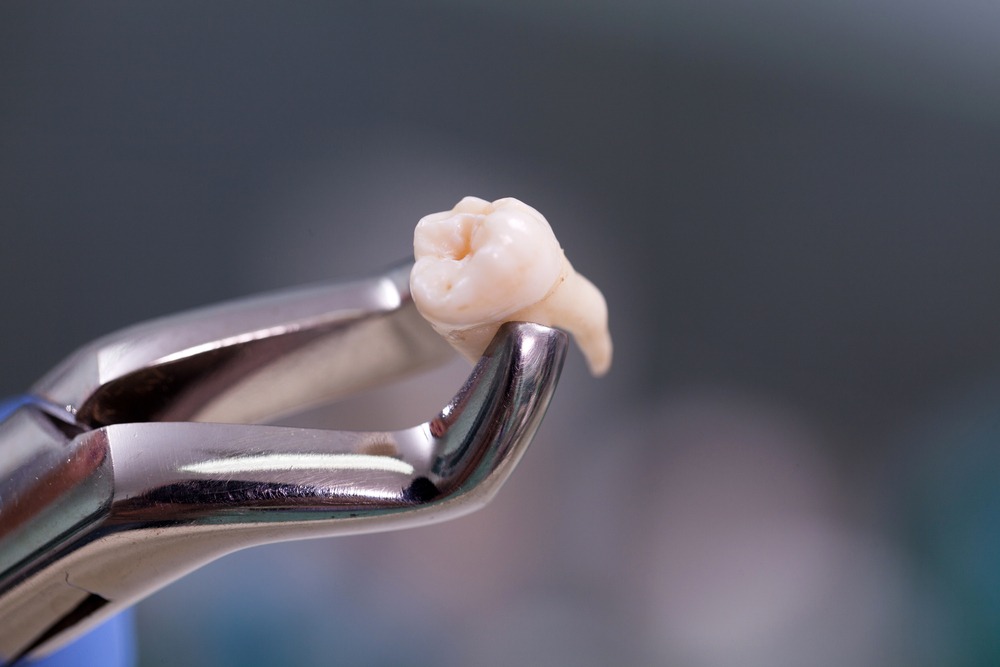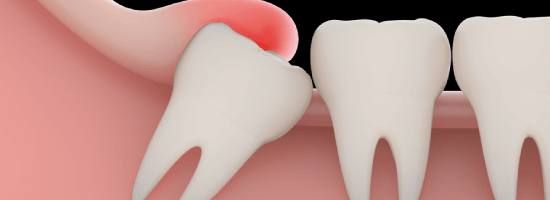What Is A Tooth Extraction?
It is a process whereby a dentist removes a diseased tooth from the jaw bone painlessly after giving you a local anesthesia.
When Is It Necessary To Remove The Tooth?
Tooth needs to be removed under following circumstances
- When the tooth is decayed beyond repair.
- When the surrounding structures are damaged beyond repair.
- Intentional extraction to create space for orthodontic [braces] treatment.
- Impacted teeth which are not likely to erupt at their normal position.
- Infected root pieces of teeth.
- Overretained milk teeth.
- Patient can’t afford saving a tooth either due to time constraints or economical reasons.
How Many Types Of Extractions Are There?
A Simple extractions:Minimal time,skill & instruments are required. Difficult(complicated extraction):Specialized Instruments, skill & time required where a specialist might cut the tooth in to pieces,cuts some of the surrounding bone & then removes the tooth.
Is Dental Extraction Painful?
A In modern dentistry due to certain good local anesthetic drugs & effective premedications dental extractions has become painless & fear less procedure especially if done by an oral surgeon.
What To Do After Extraction?

Strictly follow the instruction given by the dentist

Keep the gauze piece in the mouth and keep on biting constantly at least for one hour

Wait until the effect of anesthesia wears off before eating anything solid

Take medicines regularly. it can be dangerous to stop medication without your dentists knowledge
What Not To Do After Extraction?
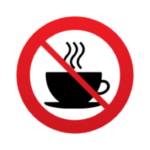
Don’t spit at least for 24 hours as this may dislodge the clot leading to the dry socket
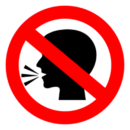
Don’t Smoke for 48 hours as this may delay the healing process
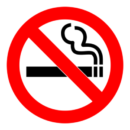
Don’t eat any hot hot thing as this may cause swelling
JAW SURGERIES
An oral surgeon is a specialist who has an expertise in performing surgeries related to teeth,mouth & structures adjoining it.Here is brief description of some common dental/oral surgeries performed by our expert oral surgeon.
Pre Prosthetic Surgeries
Performed in the upper/lower jaws to facilitate wearing of dentures,crown & bridges,Implants.This includes alveoplasty(smoothening of bony ridges where dentures are going to seat),vestibuloplasty (deepening of vestibules to increase the surface area of bony ridges),removal of tori (bony nodules in the jaws).
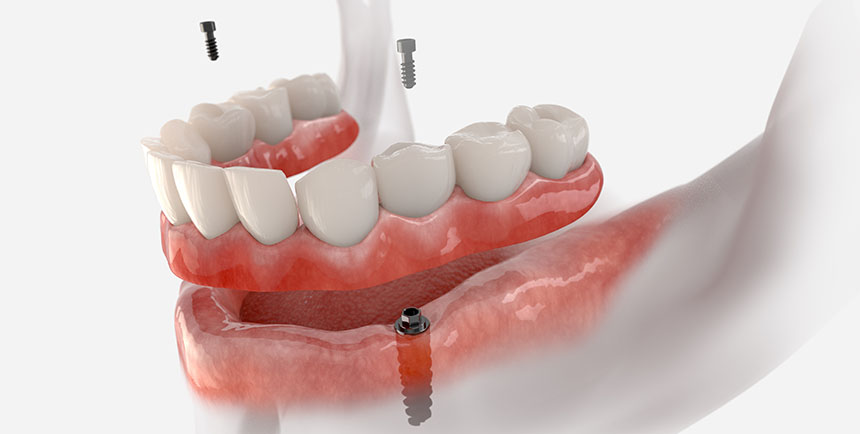
Frenectomy
Removal of a tissue flap below the upper lip in the mouth if it is too much prominent creating problem in dentures or is responsible for the space in between upper two front teeth.

Apicoectomy
Removal of small cyst(infected tissue in the bone over the tooth root).

Crown Lengthening
Increasing the height of the tooth which is too short to support the crown.

Incision & Drainage
Removal of puss/infection from a swollen jaw/gum by puncturing/cutting the skin & draining it.

Removal of Impacted(Wisdom) Teeth
It can be mostly an upper or lower third molar or a canine tooth which is buried in the bone & needs to be surgically removed.
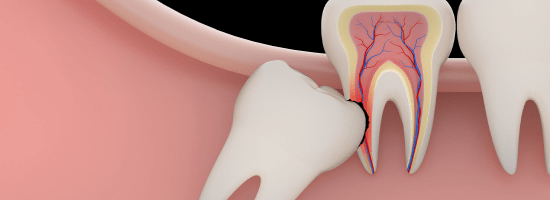
Advanced oral surgical procedures
- Removal of big cysts & tumours in the jaws which is usually done under general anesthesia in an operation theatre setup.
- Jaw joint(TMJ) surgeries:like TM joint ankylosis,subluxation,dis location.
- Fixing Jaw fractures & facial cuts due to trauma from accidents ,sports injury, violence.
- Trigeminal neuralgia surgeries.
- Implant surgeries:sinus lift,nerve repositioning,ridge augmentation.
- Closure of oro antral fistula:Simple flaps,Caldwell luc operation.
- Cosmetic surgeries of face & correction of jaw deformities.
What is an impacted Tooth?
A tooth which has failed to erupt in its normal position in the mouth due to less space in the jaw or due to hindrance in its path by the adjacent tooth.
Why is it necessary to remove an impacted Tooth?
An impacted tooth may cause:
- Dull to severe pain in the jaw,surrounding areas especially the ears.
- It can spoil the adjacent normal tooth due to continuous food lodgement & inability to clean the area properly.That can also result in foul smell in mouth.
- It can cause continuous pressure on the teeth ahead resulting in malalignment (crowding) of front teeth.
- It can be a potential source of cysts or tumours in the jaw.
- It can continuously result in cheek biting & swelling on the overlying gum (pericoronitis).
How is an impacted Tooth removed?
It can be done either in Local anesthesia or general anesthesia depending on patients requirements. It is done by a specialist ( Oral surgeon).General minor surgical protocols of preparing the patient & sterilization procedures are carried out. Next the specialist gives a small cut intraorally on the overlying skin covering the impacted tooth.A flap is then reflected & the tooth is then exposed. Next overlying bone is removed if it is covering the tooth & then finally the tooth is gently lifted with special instruments from its socket. Sometimes splitting the tooth & removing it in pieces might be required. Finally the socket is cleaned, bleeding if any is stopped & wound is closed with sutures.
What are post operative Consequences?
A With modern medicines usually there are minimal post operative problems like mild swelling externally on the jaw & mild pain.Slight difficulty in chewing for a day or two.Can regain work the next day.No need to be admitted (Hospitalised).Can be done as OPD procedure.
What is an pre prosthetic surgeries?
Performed in the upper/lower jaws to facilitate wearing of dentures,crown & bridges,Implants.This includes alveoplasty(smoothening of bony ridges where dentures are going to seat),vestibuloplasty(deepening of vestibules to increase the surface area of bony ridges),removal of tori(bony nodules in the jaws).


